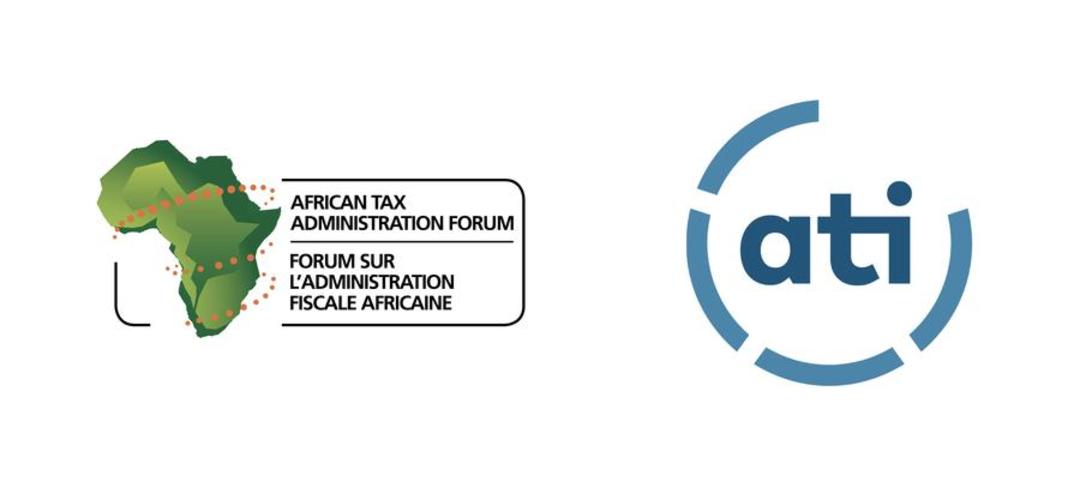

ATI and ATAF host a side-event on tax and gender
Gender equality forms a key part of the Sustainable Development Goals (SDGs) and the global effort on the reduction of poverty and the realisation of economic development for all. The COVID-19 pandemic has deepened inequality and widened economic gaps between women and men by reversing previously recorded gains, there by threatening the attainment of this goal. Public finance, particularly taxation, as a well recognised source of sustainable finance, plays a crucial role in the elimination of gender and other forms of inequality in developing countries and elsewhere. For instance, taxes can be designed to encourage greater women participation in the labour force, by among others, providing child tax credits, etc. This helps to boost economic growth for better development and social outcomes. Tax policy can also be reformed in ways that tackle the existing biases of tax systems. The Addis Tax Initiative (ATI) recognises the profound impact of tax and domestic revenue mobilisation policies in reducing gender inequality. One of the principles that form the foundation of the ATI cooperation is that members’ will “strive to promote gender-responsive action as part of all ATI partnerships and initiatives, including by collecting and evaluating appropriate data within the ATI”.
In practice of this principle, the Addis Tax Initiative (ATI), in collaboration with the African Tax Administration Forum (ATAF), is organising a side-event titled “A gendered approach to taxation: Improving the equitability and efficiency of DRM” on 31 October 2022 at the 7th ATAF General Assembly in Lagos, Nigeria. Among the expected participants are the representatives of tax administrations, Ministry of Finances (MoF) of ATAF member countries, ATI partner countries, development partners, and supporting organisations. The gender impact of tax policy is also recognised by ATAF as one of the challenges that confronts African governments’ DRM efforts. In 2021, ATAF launched its Women in Tax Network (AWITN), seeking to bring more women into higher positions in tax matters and raise awareness on the interconnectivity between tax policy and gender equality.
The ATAF-ATI side event will feature sessions to highlight the various aspects of the emerging tax and gender dialogue. It will shade light on the nature of gender biases in tax systems, on how these biases affect women’s participation in the labour force, and on the role of gender disaggregated data in policymaking. Generally speaking, tax biases can be implicit or explicit. While explicit biases are easily delectable from the tax codes of countries, the opposite holds true for the former. Implicit biases refer to the gendered difference in the outcome of tax policy or tax administration which arises due to the gendered patterns of social arrangement, gender pay gaps, and economic behaviour. The biases differ from country to country due to differences in design and local contexts, such as the level of development, the nature of the economy, the gender gaps in education, and the level of economic empowerment. Tax policymakers and practitioners from Ghana, Nigeria, and Seychelles together with a representative from United Nations Department of Economic and Social affairs (UNDESA) will join the panel session to share their perspectives. The session on gender disaggregated data will focus on how data positively contributes to better tax policy reforms demonstrated by the works of ATAF, the International Monetary Fund (IMF), and the Organisation for Economic Cooperation and Development (OECD).
For more details of the side-event and to register for a virtual participation, follow the link here.